Dark Aemilia is the story of Aemilia Bassano, later Lanyer, a possible inspiration for the Dark Lady of Shakespeare's sonnets and one of the first female poets to be published in England. As told here, she has a brief, ill-fated affair with Shakespeare while the mistress of Lord Hunsdon. When she falls pregnant, she allows Hunsdon to believe he's the father so he will marry her off with a dowry big enough to make her new husband look the other way. Years later, when her son is dying of the plague, she makes a deal with Lilith; in exchange for her son's life, she will write a play for her, The Tragedy of Lady MacBeth. You can probably see where this is going.
Although the plot is mostly fiction aside from the basic outline of Aemilia's life (there's no evidence she had an affair with Shakespeare, no reason to think her son was his rather than Hunsdon's), she did in fact write poetry in defense of Eve, and it's not difficult to believe that she could have been the brilliant and somewhat embittered woman we see here. This is her story; Shakespeare is almost a footnote, a hook to bring the reader in and give the story a closing with his death. The plot is about Aemilia's shifting place in the world, her love for her son, and her struggle to find a way to do what she wants with her poetry.
I would have liked to have heard more about her Lady MacBeth. It's clear that for the most part, Shakespeare is to have stolen her script word for word and scene by scene. But she wrote The Tragedy of Lady MacBeth, and the final play was of MacBeth. So no matter how wonderful a role Lady MacBeth is, presumably Aemilia's version was not the final version. For one thing, Lady MacBeth dies with several long scenes left to go, and it seems unlikely that would have been the case if she were the title character (Julius Caesar aside). Did Shakespeare add more to MacBeth's role to make the two leads at least equal? Did he edit and alter the tone in order to make it a play about a king, not a queen? Since this was the plot point that made me pick up the book I would have liked to have known more about what was meant to have been changed aside from the name of the playwright.
Overall Grade: A-
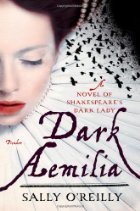
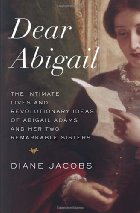
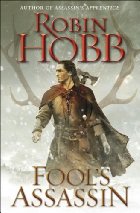
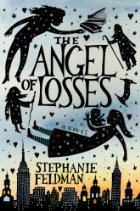

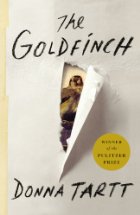
 RSS Feed
RSS Feed
